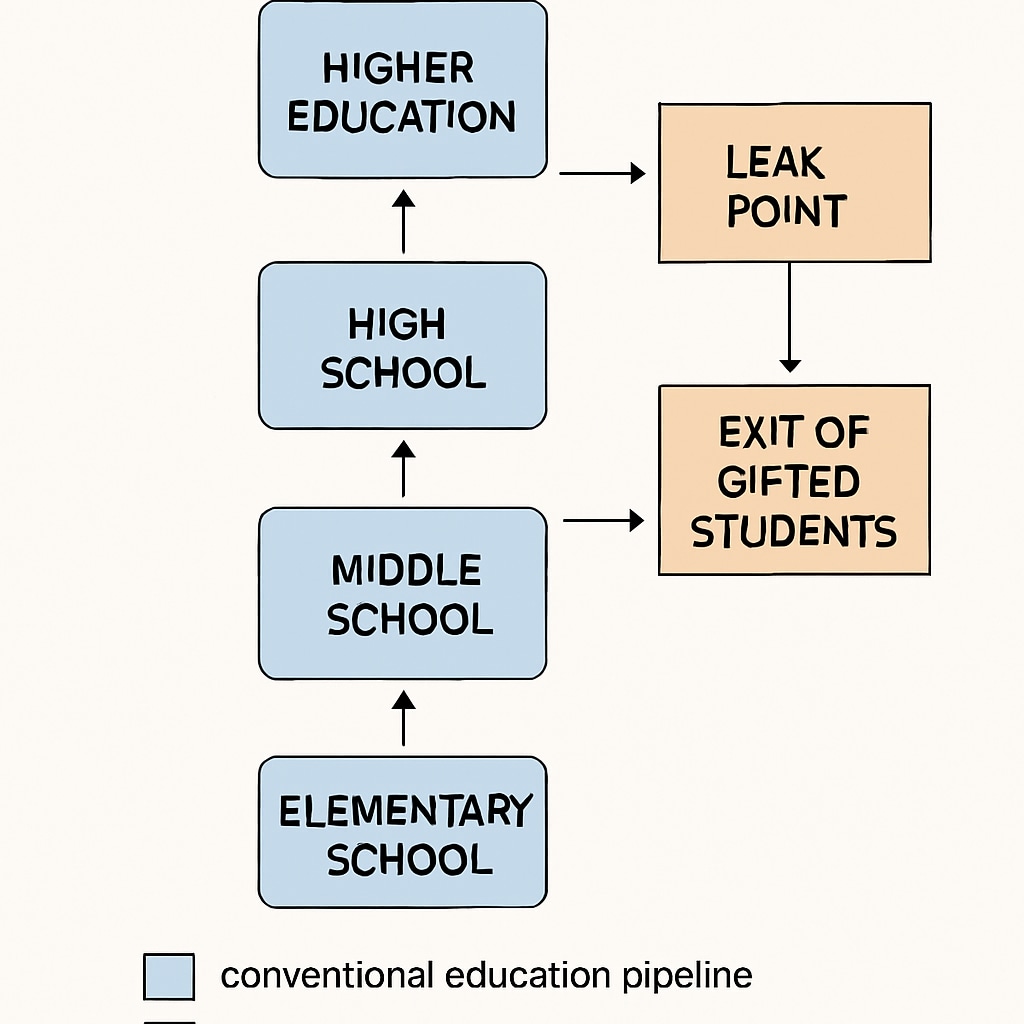“Academic potential, educational setbacks, life reconstruction” – these three concepts define the silent crisis unfolding in classrooms worldwide.

When innate brilliance collides with broken systems, countless minds become casualties of circumstance. This article examines one such case through Alex’s story – a 25-year-old whose mathematical genius was nearly extinguished by institutional neglect – while proposing concrete interventions.
The Invisible Crisis of Wasted Potential
Research from the American Psychological Association shows 15-20% of students with exceptional abilities go unrecognized in standard classrooms. Common warning signs include:
- Consistently solving complex problems through unconventional methods
- Rapid comprehension of abstract concepts beyond grade level
- Intense curiosity about niche subjects with limited outlets
Alex displayed all three traits by age 10, yet received no specialized support. “Teachers called me ‘distracted’ when I finished work early,” he recalls. “Nobody noticed I was designing algorithms in the margins.”
Systemic Failures That Create Educational Wastelands
Several structural issues contribute to talent loss according to Britannica’s education experts:
- Overcrowded classrooms preventing individualized attention
- Standardized testing favoring rote memorization over creative thinking
- Lack of teacher training in gifted identification

Alex’s urban school district had 38 students per teacher. His geometry instructor admitted: “We’re told to focus on getting kids to passing level, not nurturing excellence.”
Rebuilding Derailed Academic Journeys
For those like Alex rediscovering their potential later in life, effective strategies include:
- Competency-based education programs (bypassing traditional age/grade constraints)
- Micro-credentialing for self-taught skills
- Mentorship networks connecting late-bloomers with academic guides
After finding a university offering prior learning assessment, Alex earned 18 credits for his independent mathematics research. He now advocates for education reform while completing his degree.
Transitional note: While individual resilience matters, systemic solutions must address root causes to prevent future talent loss. Early screening tools and teacher support systems could identify hidden potential before it’s suppressed.


